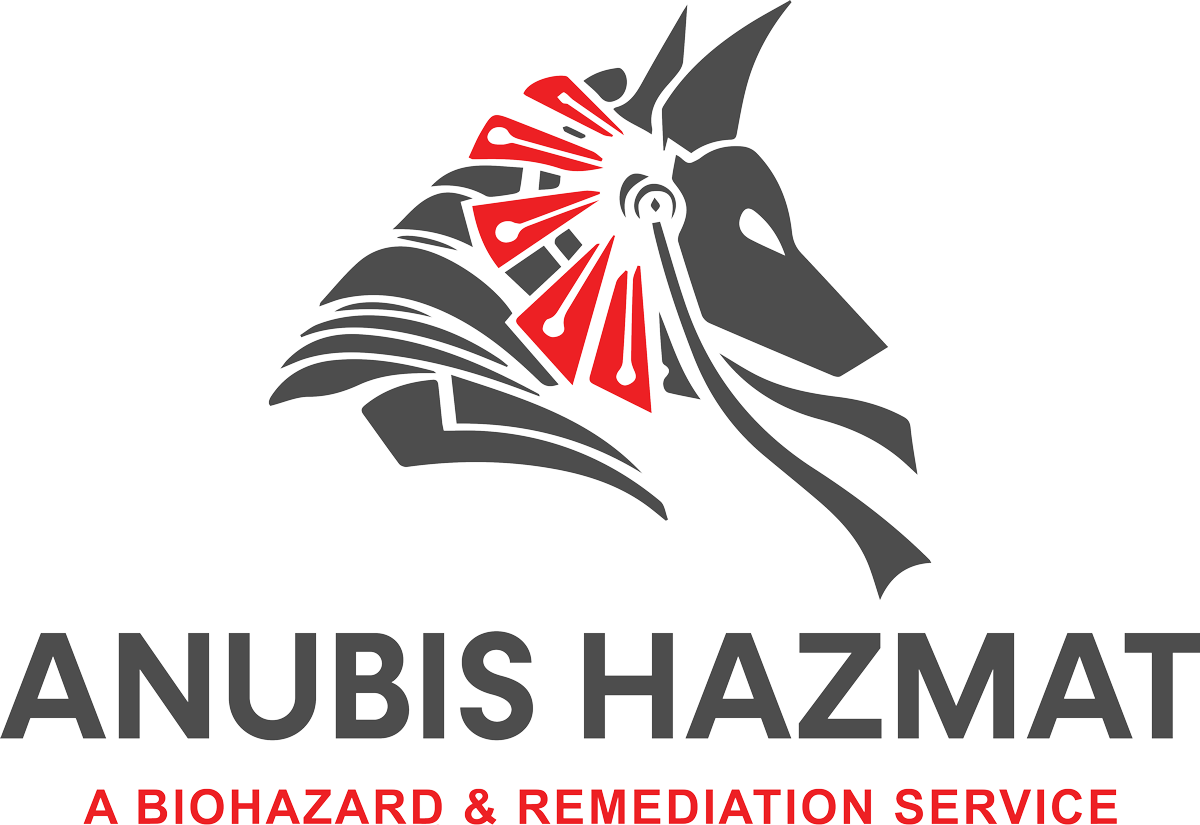The Reality of Suicide Cleanup: What You Need to Know
It's no secret that suicide rates in America are on the rise. According to the CDC, the suicide rate in the US increased by 33% between 1999 and 2017. And while this is a troubling trend, it's important to remember that suicidal thoughts are often temporary and can be overcome with the right support.
Every year, suicide claims the lives of over 47,000 Americans. If you or someone you know has been impacted by suicide, you may be wondering what happens after the event itself. In this blog post, we'll be taking a look at the reality of suicide cleanup and what you need to know about the process.
The first thing you need to know is that there is no one-size-fits-all approach to suicide cleanup. Every situation is unique, and as such, the cleanup process will vary from case to case. That being said, there are certain elements that are typically involved in most suicide cleanups.
One of the most important things to understand is that the cleanup process is not just about removing the physical evidence of what happened. It's also about restoring a sense of order and normalcy to the space. This means that in addition to cleaning and disinfecting the area, suicide cleanup crews will also often rearrange furniture and personal belongings. This helps to create a sense of calm and stability in an otherwise chaotic and traumatic environment.
Another important thing to keep in mind is that suicide cleanup crews are trained to handle delicate situations with compassion and sensitivity. They understand that this is a difficult time for those who are grieving and will do everything they can to make the process as smooth and stress-free as possible.
Finally, it's important to understand that suicide cleanup is not something that should be attempted by those who are not properly trained. Not only is it emotionally difficult, but it can also be dangerous from a physical standpoint. There are many potential hazards involved in Suicide Cleanup, which is why it's always best to leave it to the professionals.
Wrap up!
If you or someone you know has been impacted by suicide, it's important to understand that there is no shame in reaching out for help. The aftermath of a suicide can be an incredibly difficult time for those involved, but with the proper support, it is possible to begin the healing process. If you need assistance with suicide cleanup, please don't hesitate to reach out to Anubis Hazmat.


